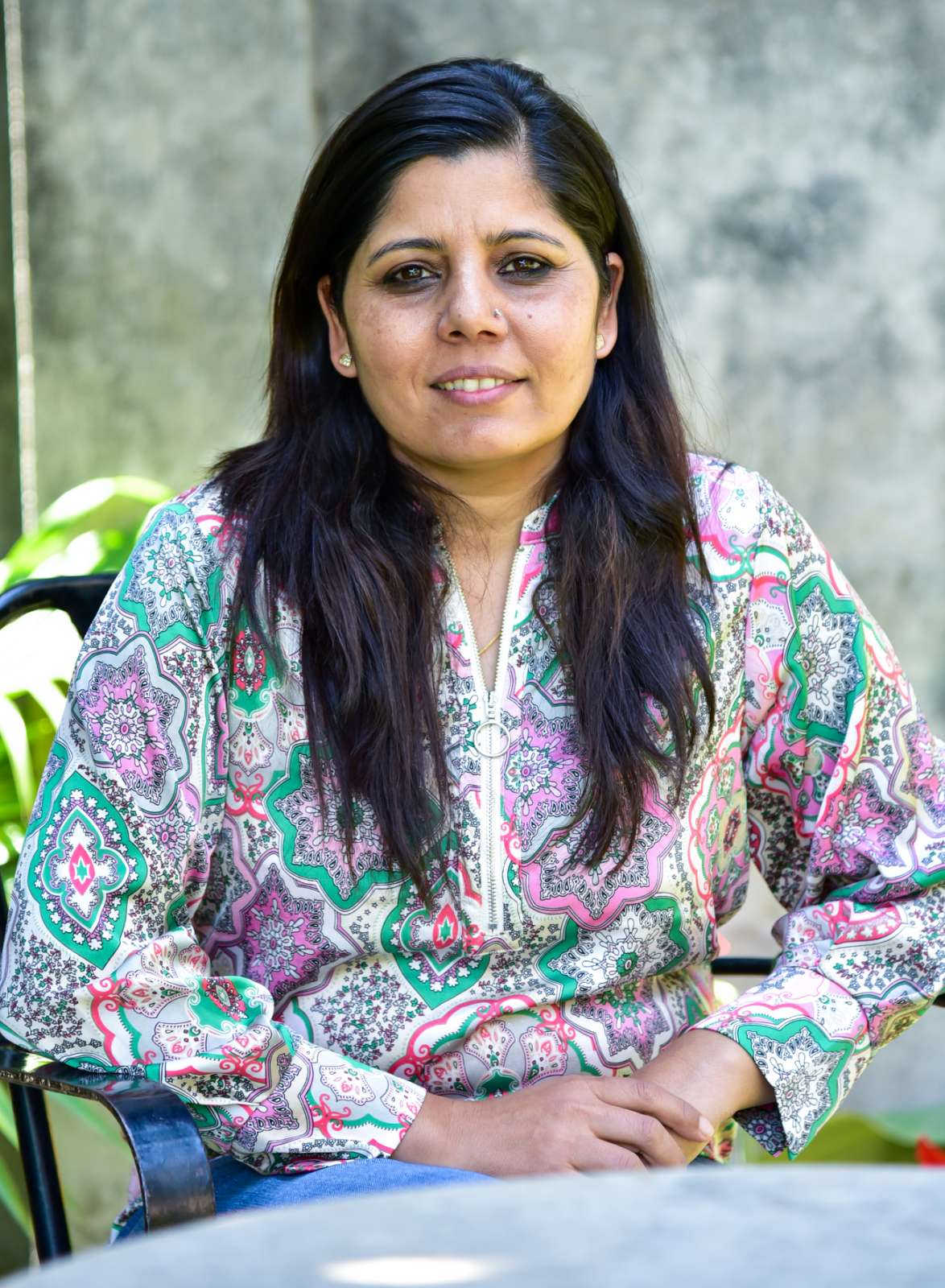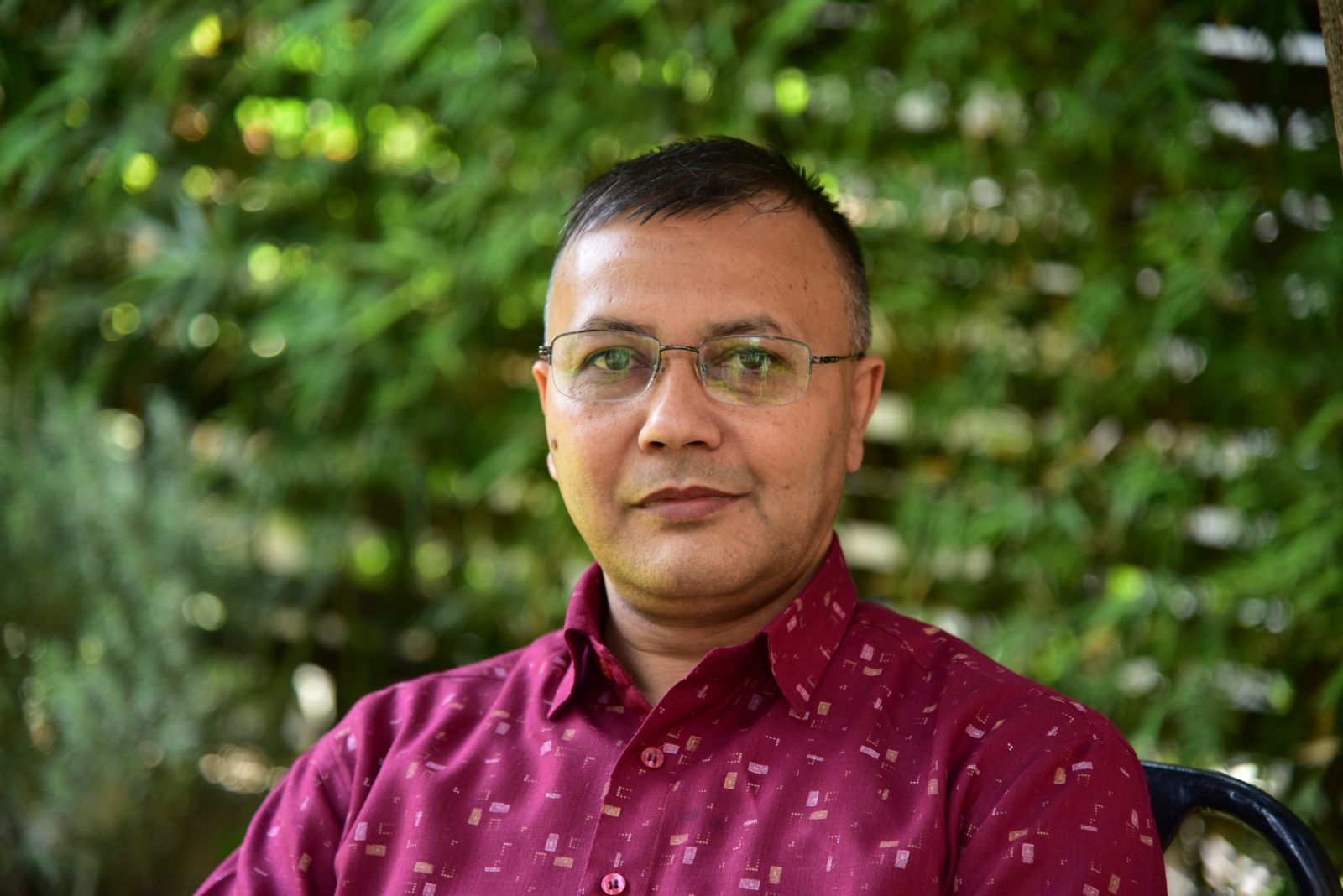Opinion
Righting the wrong
As Nepal draws up post-2015 development agenda, it should prioritise justice and governance
Neetu Pokharel & Som Niroula
In 2000, 189 member nations of the UN agreed upon a set of clear, measurable development goals. This translated into eight Millennium Development Goals (MDGs) aimed at eradicating extreme poverty and hunger, achieving universal primary education, promoting gender equality and empowering women, reducing mortality, improving maternal health, combating major diseases, ensuring environmental sustainability and developing a global partnership for development.
Each of these goals was to be met by the end of 2015. The government of Nepal also endorsed the MDGs and incorporated the goals in its strategic plans.
The 2013 MDG Report for Nepal shows that the country has made big strides in reducing poverty and hunger, increasing school enrolment and decreasing maternal mortality. At the sametime, the report also highlights the challenges Nepal faces in achieving the other development goals. Women continue to face discrimination and the Dalits and indigenous peoples are still marginalised. In this context, the report lists multiple issues that need to be addressed in the next round of development goals: good governance, inequality, urbanisation, gender-based violence and climate change.
As the deadline for meeting the MDGs by 2015 draws close, the discussion for the Post 15 Development Agenda has begun, with countries, civil society and UN bodies proposing their own new goals and targets. The process of Post-15 agenda has been led by the UN at the international level.
In Nepal, the government is naturally the main body that will recommend country-specific goals for the Post-2015 framework and the National Planning Commission has been working to this end. Consultation with ordinary people, communities and civil society, however, has so far been limited. But as the country prepares for post-15 agenda, it should prioritise justice and good governance.
Vacuum of justice
Despite the MDGs, a large number of Nepali women and members of marginalised communities continue to be deprived of justice. They often face huge challenges in trying to secure a legal identity through citizenship, birth registration, marriage registration or land ownership. In addition, many women and marginalised communities cannot access legal recourse from violence and other injustices because of the lengthy and costly court procedures in the country.
When justice institutions are weak or inaccessible, people lose their right to justice. In the case of women, there have been no continuous hearings in cases of violence against women—although surveys find that one-third of women suffer from domestic abuse. Neither have the women who were sexually exploited in conflict received interim relief or justice. Few perpetrators are prosecuted for rape because there is a very narrow definition of the crime, an inexcusable 35-day limit on reporting cases, and no free legal aid services to the victims.
Similarly, the current citizenship laws are discriminatory towards women; it stops women from passing citizenship to their children independently. Women across Nepal who have been abandoned by their husbands are prevented from securing a legal identity—and accompanying health and education services—for their children because they cannot produce the documents of the absent father.
The situation is made worse by the absence of the local government for the last 14 years. Women, Dalits and marginalised communities suffer the most when there is a weak implementation of the law, a vacuum of local institutions, and socio-economic deprivation.
Still ‘untouchable’
Caste-based discrimination still remains a central feature of life in Nepal. Dalits face a powerful combination of social discrimination and violence that condemns them to a life of second-class status. Perpetrators are rarely prosecuted. Dalits’ limited access to justice has three main causes: widespread lack of awareness of anti-discrimination law, ingrained indifference in the authorities—who refuse to register police reports, investigate cases or prosecute those who practise ‘untouchability’—and the fear in victims of making a report when they suffer caste-based violence and discrimination.
Nepal is a signatory to all the major international human rights conventions, including those that forbid discrimination against women and racial discrimination. The 2007 Interim Constitution, the Country Code of 1963 and the 2006 declaration of the recalled Parliament, all state that no person shall be discriminated against as untouchable. The Interim Constitution also recognises the various rights of women, including rights to justice, reproductive rights and the equal right to property. Despite these policies and commitments, all demographic research shows that when it comes to violence and access to justice, there is a gap between policies and their implementation.
A great opportunity
The drawing up of a new set of development goals to replace the MDGs is a once-in-a-generation opportunity. The government and civil society can together pursue a new kind of development for Nepal, one based on the reality of violence, discrimination and injustice suffered by large sections of the population. Until and unless the issues of violence and justice are incorporated as key, cross-cutting features of development, any other efforts at the development will remain incomplete. It is imperative that at the UN General Assembly, in the negotiations leading up to the new development framework, Nepal promote goals and targets that advance good governance, access to justice and freedom from violence for all the peoples of the world.
Civil society, from the grassroots to the national level, stands ready to be a partner. The government needs to involve major organisations—such as the National Women’s Commission, the National Dalits Commission, and the National Human Rights Commission—as well as broader civil society from across the country, in strengthening Nepal’s position at the UN Assembly. The government also needs to build a wider understanding among the Nepali public of the importance of post-15 agenda.
Nepal has an opportunity to address the issues that troubles many of its citizens, with a global agreement that will guide development for years to come. It has the opportunity to speak up about governance, justice and safety so that the future of the country leaves no one behind.
Pokharel is programme officer and Niroula is senior programme officer at Alliance for Social Dialogue




 21.12°C Kathmandu
21.12°C Kathmandu











